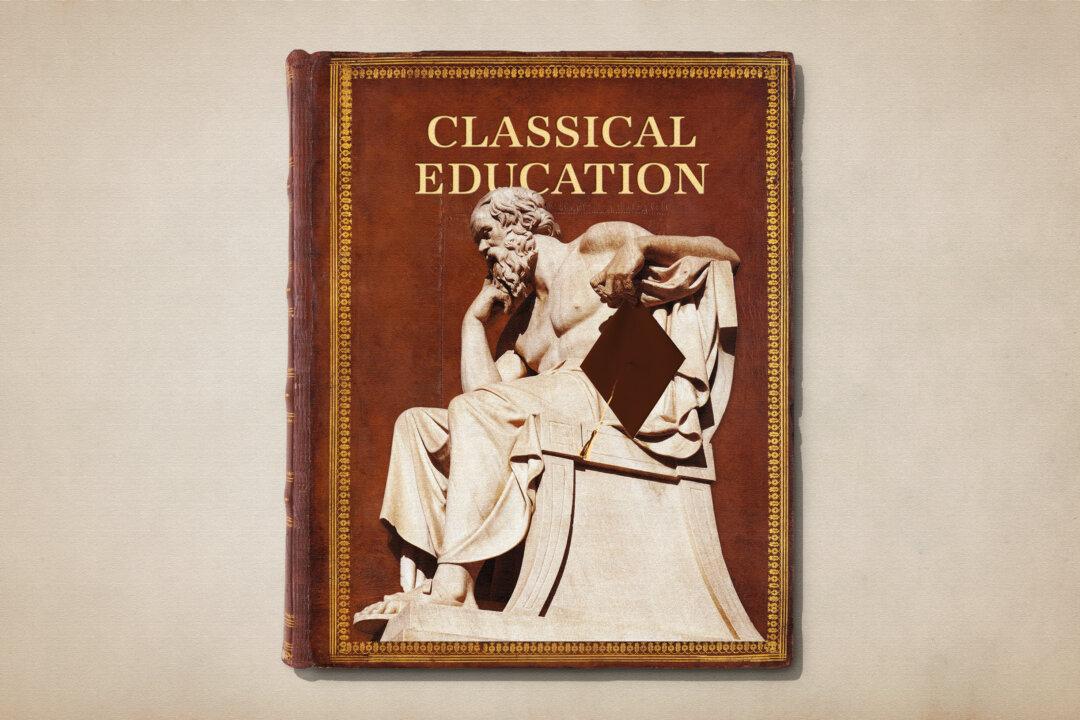Commentary
A couple of years ago, while doing a week of lectures in Australia, I was told by my hosts of an initiative to start a small Western Civilization degree program at the University of Sydney and other colleges in the nation. The program would be but one portion of the giant slate of offerings to undergraduates each term, a fledgling initiative that surely wouldn’t draw more than a handful of students in the first few years of its existence.





